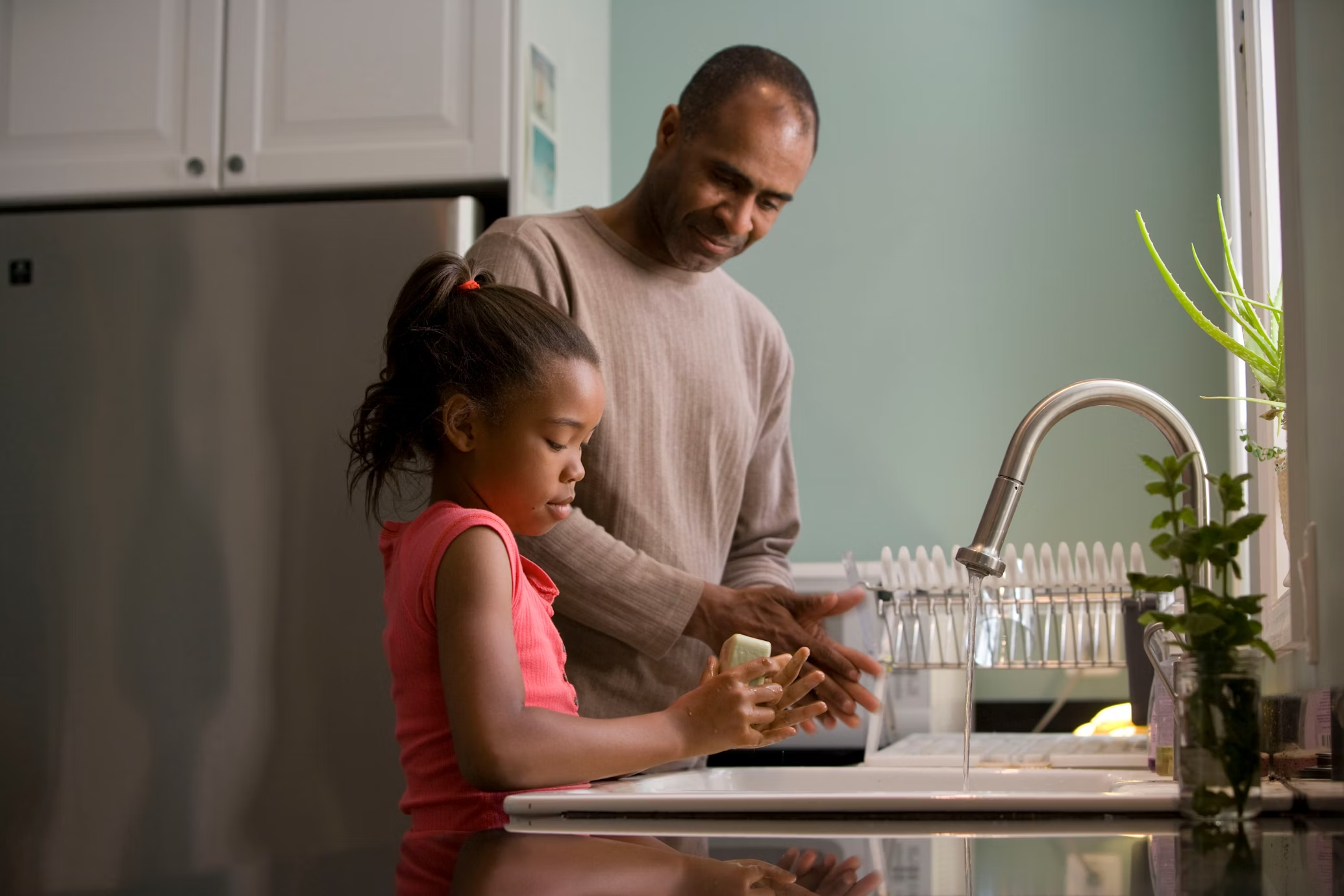
The mental health of children and teens is under unprecedented strain, with experts from the American Academy of Pediatrics, American Academy of Child and Adolescent Psychiatry, and Children’s Hospital Association declaring it a national crisis. Factors like the lingering effects of the pandemic, the pressures of social media, and everyday challenges such as family changes or school stress are taking a toll. As a parent or caregiver, understanding the signs of mental health struggles and equipping young people with healthy coping skills can make a profound difference. This article explores how to recognize when kids and teens need support and offers practical strategies to foster their emotional well-being.
Why Kids’ Mental Health Is at Risk
Today’s kids face a unique set of challenges. The disruptions caused by the pandemic—such as remote learning and social isolation—have compounded existing stressors like academic pressures, social dynamics, and family changes. Social media, while a tool for connection, can also fuel anxiety, comparison, and cyberbullying. Other common stressors include:
- Family dynamics: Conflict, divorce, remarriage, or the arrival of a new sibling.
- Life transitions: Moving to a new home, school, or community.
- School pressures: Tests, grades, peer conflicts, or bullying.
- Societal factors: Exposure to global issues like climate change or social unrest.
These challenges can overwhelm young minds, especially when kids and teens lack the tools to process their emotions. Recognizing the signs of struggle is the first step toward helping them navigate these difficulties.
Spotting the Signs of Mental Health Struggles
Mental health issues in kids and teens often look different than in adults. Instead of expressing sadness or worry directly, they might show irritability, anger, or physical complaints. Many young people struggle to articulate their feelings or may not even recognize they need help. As a caregiver, staying attuned to changes in behavior is key.
Here are some warning signs to watch for:
- Changes in sleep or appetite: Sleeping too much, too little, or experiencing noticeable shifts in eating habits.
- Loss of interest: Withdrawing from hobbies, sports, or activities they once loved.
- Social isolation: Avoiding friends, family, or social events.
- Physical complaints: Frequent headaches, stomachaches, or other unexplained aches.
- Irritability or defiance: Increased moodiness, arguments, or anger.
- Neglecting responsibilities: Skipping schoolwork, chores, or other duties.
- Emotional sensitivity: Overreacting to small setbacks or seeming unusually withdrawn.
If you notice these behaviors persisting or intensifying, it may be time to step in with support or seek professional guidance.
Building Resilience: Healthy Coping Skills for Kids and Teens
Helping kids develop healthy coping skills empowers them to manage stress and build emotional resilience. As a parent or caregiver, you can model these behaviors and create an environment that supports mental well-being. Here are practical strategies to promote healthy coping:
-
Prioritize Sleep Hygiene
Adequate sleep is crucial for mental and physical health. Help kids establish a consistent bedtime routine, limit screen time before bed, and create a calm, comfortable sleep environment. For example, dim lighting and a quiet space can signal the body to wind down. -
Encourage Physical Activity
Movement is a natural stress reliever. The U.S. Department of Health and Human Services recommends 60 minutes of daily activity for kids ages 6 to 17. Encourage activities like biking, dancing, or team sports that are fun and engaging. -
Get Outdoors
Time in nature can reduce anxiety and boost mood. Whether it’s a walk in the park, a hike, or simply playing outside, outdoor activities promote a sense of calm and connection. -
Make Space for Fun and Rest
Balance is key. Ensure kids have time for play, relaxation, and hobbies that bring joy. Downtime helps recharge their emotional batteries and prevents burnout. -
Teach Journaling
Writing about thoughts and feelings can help kids process emotions in a safe, private way. Encourage them to start with simple prompts, like “What made me smile today?” or “What felt hard?” -
Practice Mindfulness
Simple mindfulness techniques, like deep breathing or focusing on the present moment, can help kids manage overwhelming emotions. Try guiding them through a short breathing exercise: inhale for four counts, hold for four, and exhale for four.
“Kids learn resilience by watching the adults in their lives. Modeling healthy coping—like taking a deep breath during stress or talking openly about feelings—shows them it’s okay to prioritize their well-being.”
– Dr. Lisa Chen, Child Psychologist
When to Seek Professional Help
If your child’s struggles persist or interfere with daily life, professional support can be a game-changer. Pediatricians, school counselors, or licensed therapists can offer guidance tailored to your child’s needs. Online therapy platforms like Talkspace provide accessible, teen-friendly options, allowing kids to connect with a therapist from home. Early intervention can prevent challenges from escalating and help kids build lifelong coping skills.
When seeking help, look for professionals trained in child and adolescent mental health. Family therapy can also be effective, especially if home dynamics are contributing to stress. Encourage open conversations about therapy to reduce stigma and make your child feel supported.
Supporting Your Child’s Journey
The mental health challenges facing kids and teens today are real, but so is the opportunity to make a difference. By staying attuned to warning signs, fostering healthy coping skills, and seeking support when needed, you can help your child navigate life’s ups and downs with resilience and confidence.
You don’t have to have all the answers—sometimes, simply being present and showing you care is enough to start the healing process. If you’re unsure where to begin, consider reaching out to a therapist or counselor through platforms like Talkspace, which offers flexible, youth-focused support. Your child’s mental health matters, and together, you can build a foundation for a brighter, more balanced future.
Sources:
- American Academy of Pediatrics. (2021). AAP-AACAP-CHA Declaration of a National Emergency in Child and Adolescent Mental Health. https://www.aap.org/en/advocacy/child-and-adolescent-mental-health/
- U.S. Department of Health and Human Services. (2018). Physical Activity Guidelines for Americans, 2nd Edition. https://health.gov/sites/default/files/2019-09/Physical_Activity_Guidelines_2nd_edition.pdf